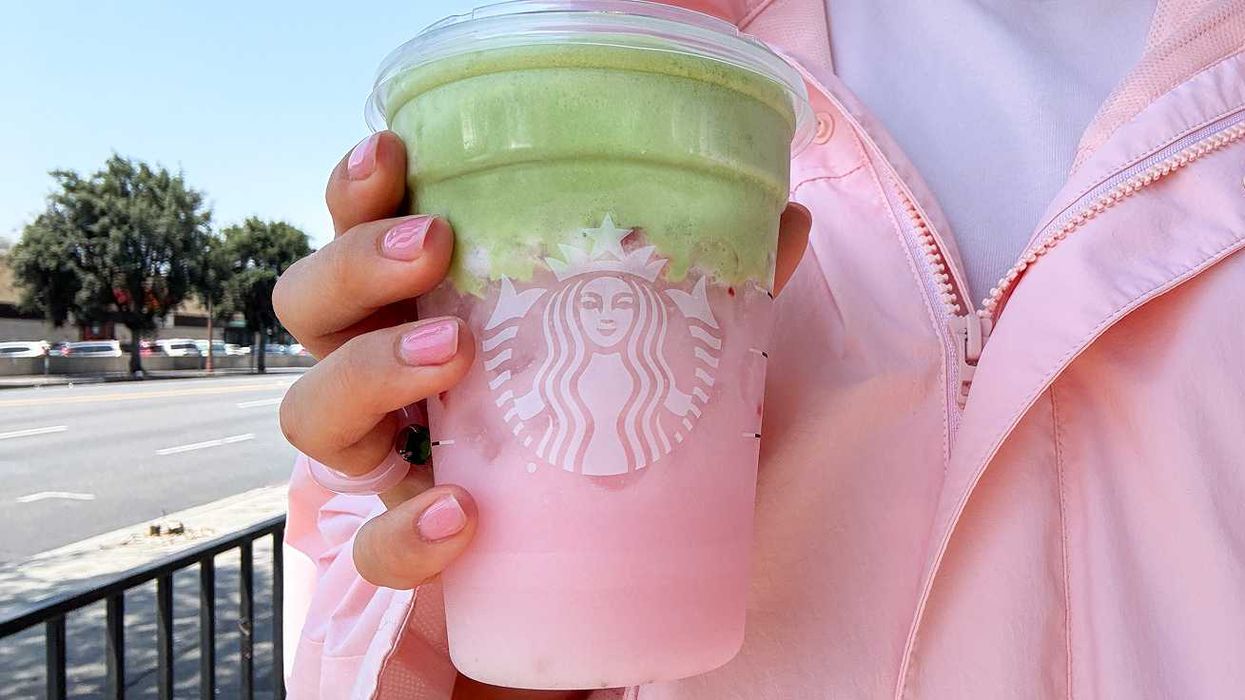Missing out on these may be hurting your health.
7 Nutrients You Need to Add to Your Diet ASAP

Some of us are still scratching our heads about the weird nutrition advice we were given in grade school (thankfully, this app can get us back up to speed). But even though we’re becoming experts on getting our superfood game on, we could still use all the real-life nutrition tips we can get. We asked healthy-eating expert Suzanne Monroe, Founder & CEO of The International Association of Wellness Professionals (IAWP), to give us a closer look at some common nutrients you might be seriously missing from your life. As with all health information online, check with your primary care provider before changing your diet or going crazy with supplements.
1. Magnesium: If you’re not getting enough of this mineral, it could lead to insomnia, muscle cramps and hormone headaches — none of which sound good. To combat these, Suzanne says that you can increase your magnesium intake by eating whole grains (like quinoa) and leafy greens. This will help your body fight against stress and build strong bones.
2. Folate: Part of the vitamin B-complex group, folate has been buzzing as of late. With its widely known ability to protect against birth defects and more recent studies on depression, the health community is definitely fixated. Suzanne recommends natural sources of folate like leafy greens and legumes like lentils, garbanzo beans and kidney beans.
3. Vitamin B12: If there were a popularity contest among nutrients, vitamin B12 would be Miss America. Suzanne explained that it’s because it’s “known as the ‘energy vitamin’ and is critical for a healthy immune system.” Since our lives are so demanding, the low energy and brain-fog symptoms of a deficiency are leading many people to up their intake. It’s easiest to find in meats and cheeses, so vegetarians and vegans might need to find alternative sources.
4. Omega-3: Fortunately, we’re out of the dark ages of thinking eating fats makes us fat, so we’re on this new kick of giving our hearts and brains what they need to function — brilliant, really. Suzanne looked to the sea for her recommendations on natural sources of this cognitive functioning booster like salmon, sardines and shrimp. And for nut lovers, walnuts and flaxseed made the list as well.
5. Vitamin A: It’s not exactly going to prevent you from needing glasses, but vitamin A does help with overall eye health. This antioxidant is most famously found in carrots, but Suzanne points out it can be found in “a variety of foods, from animal products to whole grains to vegetables. Sweet potatoes, carrots and dark leafy greens, as well as liver and tuna, are all great sources.”
6. Iron: “If your body doesn’t have enough iron, it can’t produce enough red blood cells to carry oxygen, causing anemia. If you have low iron, you could be experiencing fatigue, frequent illness and infection or hair loss,” says Suzanne. Wow, that got real heavy, real fast. But this common deficiency can usually be dealt with easily by eating foods like beef, beans, spinach and nuts.
7. Vitamin D: “Vitamin D is the sunshine vitamin, yet for years, we’ve been told to ‘stay out of the sun.’ Getting 15 minutes of sunlight at mid-day a couple of times a week can help keep your vitamin D levels balanced.” Suzanne went on to describe this vitamin as “critical for the development of a healthy body and reducing your risk of chronic disease,” so we don’t mind grabbing a pair of shades and catching some rays for this one.
Which of these nutrients do you think you need to add to your diet? Let us know @BritandCo.
(Photos via Getty)



















